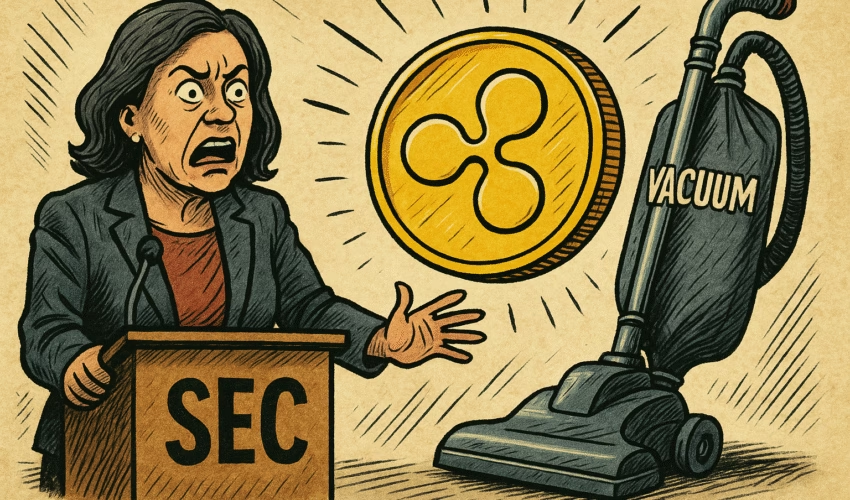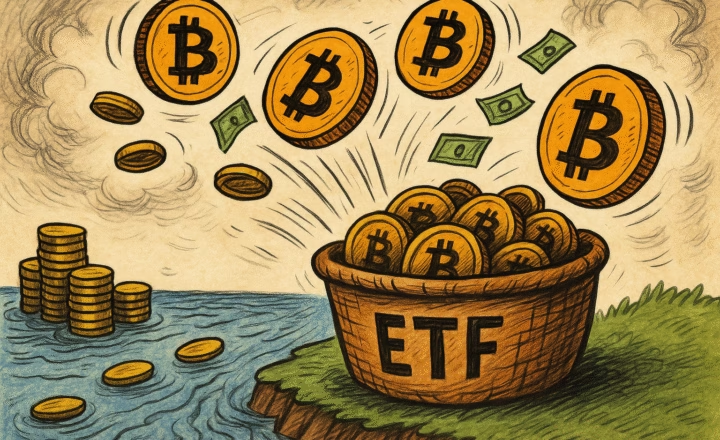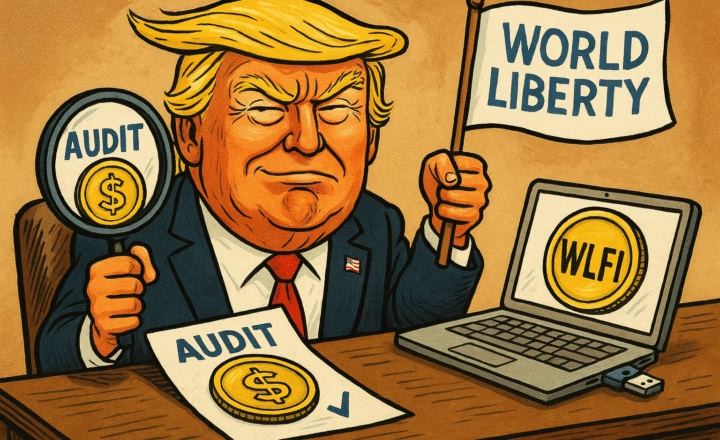Commissioner Slams Proposed $75M Refund to Ripple, Claims It Undermines Legal Precedent
SEC Commissioner Caroline Crenshaw, a vocal skeptic of crypto leniency, has condemned her agency’s proposed settlement with Ripple, warning that the deal would erode regulatory credibility and weaken investor protections.
In a May 8 statement, Crenshaw blasted the joint settlement letter filed by the SEC and Ripple earlier that day, in which the parties requested that a $75 million refund be issued to Ripple from the original $125 million civil penalty levied in August 2024. The deal also asks the court to dissolve the standing injunction against the crypto firm.
“This settlement… does a tremendous disservice to the investing public and undermines the court’s role in interpreting our securities laws,” Crenshaw wrote.
A Settlement, But Not Yet Final
While the SEC and Ripple have agreed on terms, the settlement is not yet finalized. Judge Analisa Torres, who oversaw the original ruling, must first indicate approval of the terms. Only then can the legal process move toward full resolution.
Former federal prosecutor James Filan noted that once the injunction is dissolved and funds distributed, both parties will request the dismissal of their respective appeals, marking the end of the long-running legal battle that began in December 2020.
Crenshaw: A Dangerous Shift Under Trump-Era SEC
Crenshaw’s criticism also took aim at the broader shift in regulatory posture since President Donald Trump began his second term in January. Under Trump-appointed leadership, the SEC has dismissed multiple enforcement actions initiated during Gary Gensler’s tenure, signaling a retreat from the agency’s once hardline crypto stance.
“This settlement joins a line of dismissals that collectively erode the credibility of our lawyers in court,” Crenshaw said.
“They are being asked to take legal positions today contrary to those taken just months ago.”
She argued that if Judge Torres approves the deal, it would undo key legal victories secured by the SEC and create a “regulatory vacuum” until the agency’s new Crypto Task Force finalizes a comprehensive framework for digital assets.
“The settlement creates more questions than answers,” Crenshaw added.
“It is not in the best interests of the investors and markets our agency is tasked with serving and protecting.”
Background: Ripple vs. SEC
The SEC initially sued Ripple Labs in December 2020, accusing the company of illegally selling XRP as an unregistered security. In August 2024, a federal judge ruled that XRP was a security when sold to institutional investors, ordering Ripple to pay $125 million in penalties.
The proposed settlement, if approved, would mark one of the final chapters in the multi-year case — but also raise broader questions about the future of crypto enforcement in the U.S..
Final Thoughts: A Settlement With Regulatory Repercussions
Commissioner Crenshaw’s pointed rebuke reflects growing internal tension within the SEC as the agency recalibrates its crypto strategy under new leadership. While Ripple may be close to resolving its legal fight, the broader war over how crypto should be regulated is far from over.
As the agency’s Crypto Task Force works toward a new policy framework, the Ripple case may ultimately serve as a cautionary tale — or a precedent-setting compromise, depending on which side of the regulatory divide you stand on.












